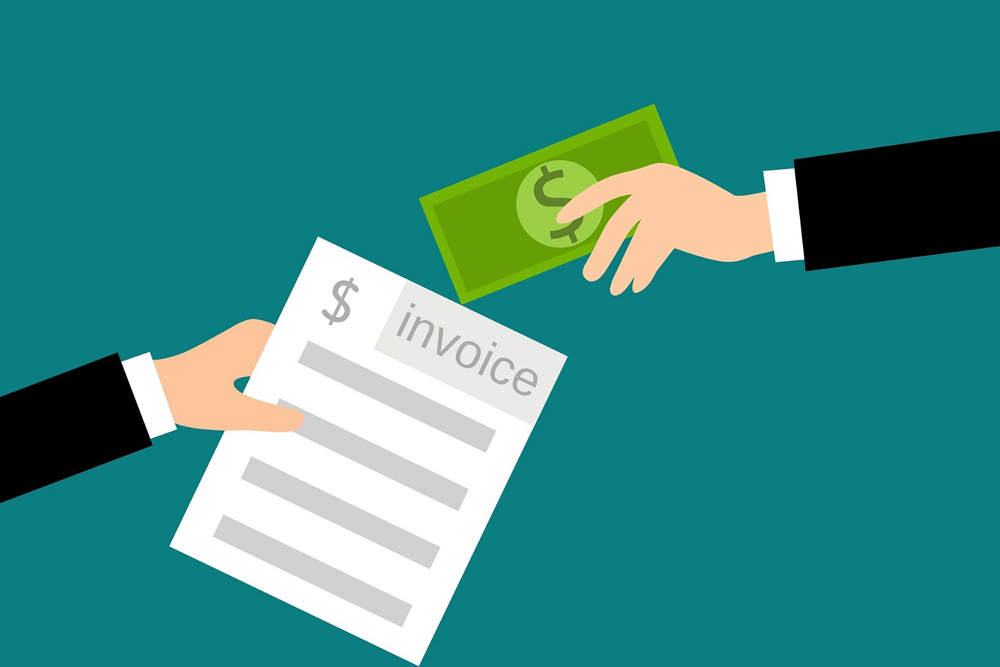Small businesses most frequently need short-term loans rather than long-term debt financing. Businesses frequently prefer short-term loans over merchant cash advances and factoring, which have higher interest rates and less favorable terms. This kind of loan might also be easier to get than an unsecured business line of credit. The simplest kind of business credit to get is often traded credit.
Reasons a business can consider a short-term business loan
To expand operations
Generally, there comes a time when an entrepreneur wants to expand. For instance, acquiring a bigger building, buying additional warehouses to hold inventory, or open a new location. The costs associated with expansion are extensive, depending on how you are trying to go about it. Whatever is the aim of the growth, you probably need additional funding. The capital you get from a short-term loan can give you leeway to purchase what you need without worry. The terms on short term loans are often reasonable, providing you enough time to repay it. Banks are likely to loan funds to existing firms that need to expand their operations. Generally, expansion happens if a firm is turning a profit, has a rising cash flow, and has positive forecasting numbers for the future.
To buy inventory
Sometimes banks make short-term loans (repaid within a year) to small businesses that have established a trustworthy relationship with the bank. Making their payments on time and holding a positive balance in savings and checking accounts are both ways to establish trust with a bank. Some small businesses are seasonal in nature, like retail, agricultural businesses, and hospitality. As long as a business makes most of its sales during the holiday season, they can take out a short term loan to purchase most of the inventory in advance. Bank loans to purchase inventory are typically short-term in nature; businesses strategize around repaying them after the season is over, utilizing proceeds from their seasonal revenue.
Fund the costs of emergency repairs of critical equipment
When equipment necessary to your business’s operation fails, a short-term small business loan can assist get operations moving without a four-year or longer loan obligation.
Project start-up costs
There are periods when ramping up a new project needs upfront costs that might exceed a business’s ability to cover cash flow; however, it will be recouped in sixty to ninety days since their customer (s) pay their invoices. In that situation, to get in and out of the financing faster at a lower total dollar cost can make more sense than making payments on a longer-term loan for several years.
To increase working capital
Working capital is the funds used to manage daily business operations. Small businesses might take out a loan to satisfy operational costs until their earnings reach a specific volume. If the debtor has great credit and a solid business plan, a bank loan can provide short-term money for a company to get off the ground and grow. Working capital loans typically have a higher interest rate compared to real estate loans since banks consider them risker; if the business is mismanaged at a crucial time during its infancy, or if the earning assets of the business are mismanaged at a vital time during its infancy, or if earning assets of the business never accumulate a profit, the company will face bankruptcy.
Pay taxes
Ideally, you will set aside sufficient money all through the year to pay your business taxes when the tax-man comes knocking. But alas, life does not always work out that way, which is why small businesses often take short-term business loans to pay taxes. Instead of being in trouble with the IRS for not paying your taxes, you are much better off utilizing a business loan or even a cash advance to pay your taxes.
Take advantage of a business opportunity
Your business may be presented with a great chance that it is just too good to pass by- even though you can not afford the whole thing upfront. Business success needs a lot of pragmatism and planning; however, there is also some risk-taking degree. Whatever that special something is, provided you get a spidey sense, that a specific opportunity will aid take your organization to the next level, it can pay off well to trust your instinct and go out on a limb to dive in that investment.
Buy out a partner
Occasionally it just does not work out with a business partner. However, just because your partner agrees to be bought out does not mean you will necessarily have the money to do so. In these situations, you can get a business loan to execute a partner buyout. There is not really a particular type of loan for partner buyouts, but you can use many standard business loans for this purpose, including short-term business loans and SBA standard 7(a) loan.
Other uses for short-term business loans include; paying bills. You might be waiting for credit customers to pay their bills. You might also require short-term business loans to pay your own bills, for instance, to meet your personal accounts payable (what you owe your supplier) obligations. You might just require a short-term lo0an to even out cash flow, especially if your business is cyclical.
How to qualify for short-term funding?
To qualify for a short term loan or unsecured business line of credit, you will have to present extensive documentation to your lender, whether it is a credit union, bank, mutual bank, or the Small Business Administration, or some other kind of lender. The lender will need, at least, a record of your payment history for other business loans you might have had, including payment histories to your suppliers (accounts payable) and your business’s cash flow history for maybe the last three to five years.
You should also be ready to hand over your income statement for the same amount of time if the lender asks for it. All documentation must be in a professional format. Your lender will check your credit history and credit score through at least one of the three major credit bureaus. Your credit score might have to meet some minimum level. Your qualifications will help you determine if or not the loan will be secured by collateral, or it will be unsecured, loan, signature, or line of credit.
Types of short-term business funding
Trade credit
A kind of debt financing where the business seeks credit from other companies who serve as their suppliers. The supplier often extends terms to your business like a 2/10, net thirty. This indicates that your business will get a two-percent discount if you pay in ten days; otherwise, the balance is due in thirty days.
Business line of credit
Offers continuous business access to cash when required. The business line of credit is typically unsecured by collateral and has favorable interest rates. For a business to obtain an unsecured business line of credit with favorable terms, it must have an excellent credit report. An unsecured business line of credit is frequently obtained from a commercial bank and is designed to meet fast cash needs. No monthly payment is due until the business taps into the line of credit.
Merchant cash advance
Uses a business’s credit card receipts as a kind of collateral to make loans similar to paycheck cash advances for individuals. Merchant cash advances are typically only available to companies that have a steady flow of credit card receipts. The interest rates are higher than for short-term bank loans and are more in the range of factoring. The maturity of the loans is very short-term.
Factoring
Uses a business’s accounts receivables to raise cash for short-term needs. Accounts receivable factoring is utilized when a company cannot qualify for a short-term business loan or unsecured business line of credit. Factoring is when a business sells its uncollected invoices to a third-party, which is called a factor, at a discount to raise money.
Payday loans
These are emergency short term loans that are comparatively easy to obtain. Even high street lenders provide them. The drawback is that the whole loan amount and interest must be paid in one lump sum when the borrower’s payday arrives. The lender’s repayments are generally done taking out the amount from the borrower’s bank account, using the continuous payment authority. Payday loans usually carry very high-interest rates.
Installment or online loans
It is also comparatively simple to get a short-term loan where everything is done online- from application to approval. Within minutes from getting the loan approval, the money is wired to the borrower’s bank account.
Short-term finance solutions will likely be the most accessible- with a simple application process, flexible business loan requirements, and various kinds of products and lenders to work with. Ultimately if you have a good reason to apply for a short-term business loan, there is every chance that you will find a lender who will lend you with realistic terms.












